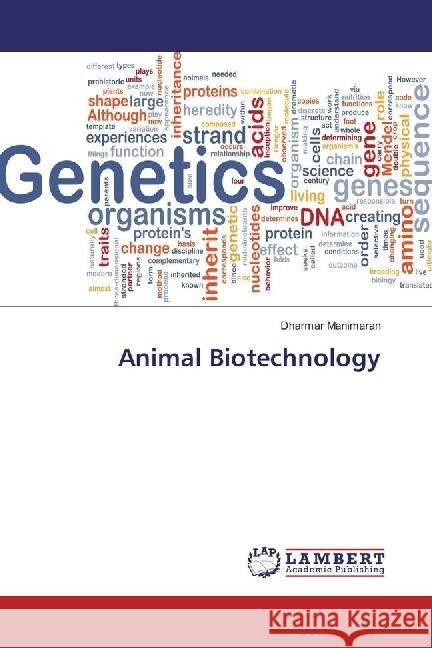Animal Biotechnology » książka
Animal Biotechnology
ISBN-13: 9783330014183 / Angielski / Miękka / 2016 / 112 str.
Transgenic animals are animals that have been genetically transformed by splicing and inserting foreign (animal or human) genes into their chromosomes. When inserted successfully, these genes enable an animal to produce (for example) pharmaceutical proteins in its milk, urine, blood, sperm, or eggs, or to grow rejection-resistant organs for transplant. These proteins have significant therapeutic potential for the treatment of cystic fibrosis, hemophilia, osteoporosis, arthritis, and parasitic and infectious diseases such as malaria and HIV. Transgenic animals can also produce monoclonal antibodies (specifically targeted towards disease proteins) that are used in vaccine development to meet global demands. This chapter has been framed in a manner to educate the reader about transgenic animals, methods of creating them, their effects on the environment, and associated socio-ethical concerns. Readers will also get a glimpse of the history of transgenic animal production and the implications for pharmaceutical research and industry.











